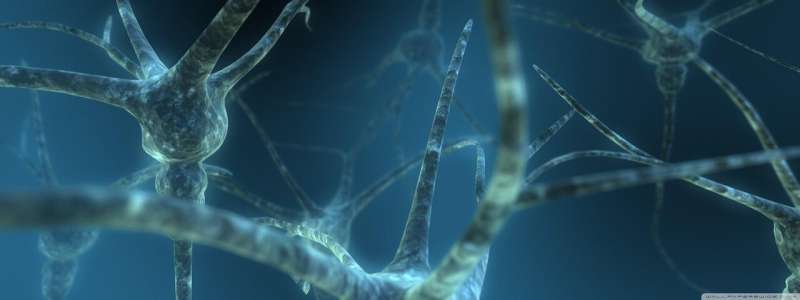
It remains a central challenge in psychiatry to reliably judge whether a patient will respond to treatment. In a new study published in the journal Biological Psychiatry, researchers from Karolinska Institutet in Sweden and the Max Planck Institute for Human Development in Germany show that moment-to-moment fluctuations in brain activity can reliably predict whether patients with social anxiety disorder will be receptive to cognitive behavioral therapy (CBT).
Viable predictors of psychiatric treatment response are often sought, but remain elusive. Brain imaging techniques such as functional magnetic resonance imaging (fMRI) have shown promise, but low reliability has limited the utility of typical fMRI measures as harbingers of treatment success. Although historically considered a marker of ‘noise’ in the brain, moment-to-moment brain signal variability continues to gain momentum as a sensitive and reliable indicator of individual differences in the effectiveness of neural function. However, neural variability had not yet been examined in relation to psychiatric treatment outcomes.
Strongest and most reliable predictor
To do so, the research team designed a unique study; 45 patients with social anxiety disorder had their brains imaged during passive rest and emotional face viewing (a social anxiety-relevant task) in two sessions (11 weeks apart) to capture moment-to-moment neural variability. Then, patients underwent a 9-week cognitive behavioral therapy delivered via the internet. The researchers showed that brain signal variability measured during the emotional task was the strongest and most reliable predictor of treatment outcome, despite the task only taking three minutes for patients to complete.
“Variability in brain signals is often considered measurement ‘noise,’ something to be eliminated prior to further analysis. We show first evidence that neural variability may be a reliable and efficient predictor of psychiatric treatment outcome, particularly when disorder-relevant task designs are utilized. We simply need to rethink our standard approaches in psychiatric neuroimaging to maximize clinical impact,” says lead author Dr. Kristoffer Månsson, clinical psychologist and researcher at the Department of Clinical Neuroscience, Karolinska Institutet.
In the next phase of their research, the authors will collect larger samples to examine whether brain signal variability can predict which specific treatment a patient should undergo.
Tailored treatment
Source: Read Full Article
